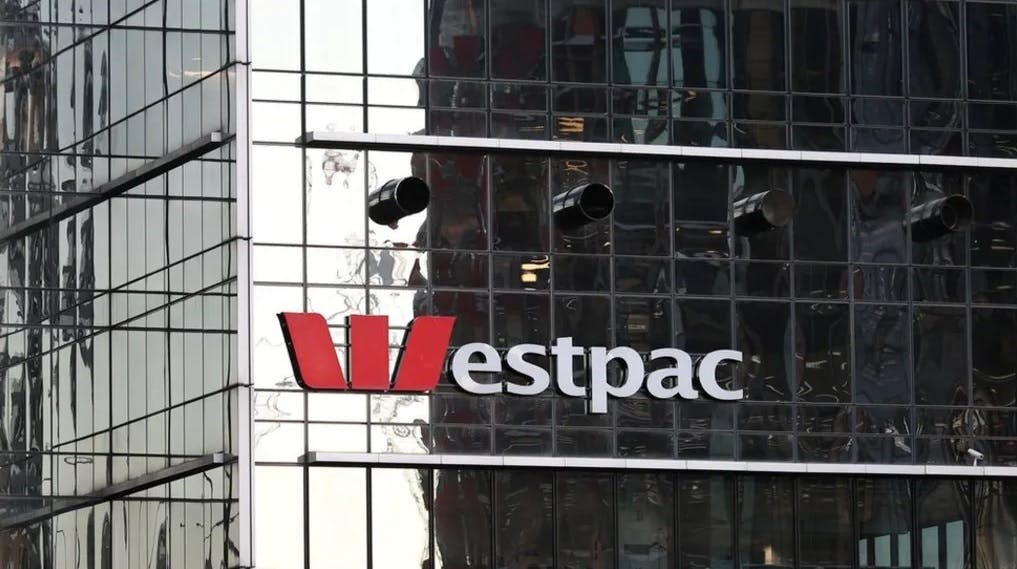Westpac, Subsidiary Face Class Action in Victorian Court over Alleged Secret Dealer Commissions on Car Loans
News 17 July 2020 | Andrew Franks |

Sydney-based Westpac Banking Corporation and subsidiary St. George Finance Limited are facing a class action lawsuit initiated by law firm Maurice Blackburn on behalf of thousands of Australian car buyers who took out car loan deals in which dealers are allegedly allowed to charge up to three times the bank’s standard interest rate without the customers’ knowledge.
The group proceeding, filed in the Victorian Supreme Court on Thursday (16 July 2020), covers car loans that were made from 1 March 2013 to 31 October 2018. If you think you are part of this class, you can register with Maurice Blackburn.
This class suit seeks to prove that Westpac and its subsidiary did not meet their obligations under consumer credit protection laws, resulting in “substantial losses for many consumers,” according to Andrew Watson, head of class actions at Maurice Blackburn.
The so-called “flex commission” was the focus of the complaint in the class suit. It refers to the commission paid by the lenders to finance brokers and car dealers in Australia to entice them to sell car finance. The commissions were tied to the interest rates the customers would have to pay. In essence, dealers or brokers could earn larger commissions from finance deals that involve higher interest rates.
The class action law firm alleged that the customers were not informed about the commission paid to car dealers for selling the vehicle loans. It also claimed that dealers are charging some customers higher interest rates in order to maximise commissions that Westpac and St. George paid them for selling the finance.
Some customers were charged interest rates that exceeded the bank's standard rate by more than 10 percentage points, according to Andrew Watson, head of class actions at Maurice Blackburn. In some cases, the interest rates were not disclosed to the borrowers until after agreeing to purchase the car.
Westpac Group confirmed in a statement released on the Australian Securities Exchange that it will be defending the lawsuit, and acknowledged that there may also be “other similar” car finance claims filed.
It is estimated that there are approximately 400,000 members for this class action suit based on ASIC statistics.
Earlier this week, rival law firm Shine Lawyers also intends to sue Westpac and its subsidiaries over exorbitant car loan interest rates.
Flex Commissions
The “flex commission” loans were common in Australia’s car industry for more than 25 years, until ASIC, or the Australian Securities & Investments Commission, banned it in October 2018, effective 1 November, to ensure more transparent and fairer car loan pricing.
With the ban on flex commission, lenders are now responsible for setting the interest rates that apply to loans. Car dealers, however, are still allowed to discount the interest rates and receive lower commissions, which ultimately lead to lower credit costs for the borrowers.
Alannah Fox’s Case
Alannah Fox is one of the lead applicants of the lawsuit. She bought her first new car, a 2015 Hyundai ix35, but paid $24,864 in interest for a vehicle finance valued at around $47,000, Maurice Blackburn noted. The interest amount represented a charge of 12.99% on the loan.
Fox said that she was not told of the interest rate until she arrived to collect the vehicle. She related that while they bargained hard on the initial price, she felt the dealer knew what they were doing and compensated by charging her high interest rate.
Fox commented that car dealerships and banks “ripped off so many unsuspecting car buyers” and related that she felt she was targeted because she was “young and eager” to have her first new vehicle.
Alleged Collusion with Car Dealers
The class action also alleges that Westpac and its subsidiary colluded with car dealers to lock customers into “unfair high interest” vehicle loan deals within the 1 March 2013 to 31 October 2018 period.
It further asserts that the borrowers were not informed of the finance companies’ deal with car dealers that enable them to earn substantial “flex commissions” by increasing the customers’ interest rates on vehicle finance from a “base rate.”
Watson explained that borrowers expected that dealers were simply passing on the interest rates set by lenders, rather than deciding what those rates should be themselves. He believes most people think that car dealers and lenders have different jobs.
In other words, consumers thought that dealers were just middlemen who didn't control the interest rates.
Banking Royal Commissioner’s Report
Banking royal commissioner, Kenneth Hayne, has condemned the flex commission scheme, as mentioned in his 2019 final report.
Hayne explained that dealers received a “large part of the interest payable over and above the base rate” if they could convince the customer to agree to pay a higher rate.
He highlighted that many borrowers were not aware of these commission arrangements, further stating that the lending companies didn’t make them public and that dealers did not reveal them.
Until August 2016, Westpac did not put a limit on the amount of interest that dealers could charge, as noted by the Royal Commission based on evidence.
Westpac has admitted to the Royal Commission that it recognised the flex commission might incentivise dealers to prioritise their own interests over those of their customers.
The dealer’s interest in obtaining the highest possible rate is “obvious” and it was the customers who “bore the cost,” Hayne stated.
The bank, however, said it didn’t want to stop this arrangement before ASIC banned it, as doing so would have only allowed competitors who continued the practice to dominate the market.
